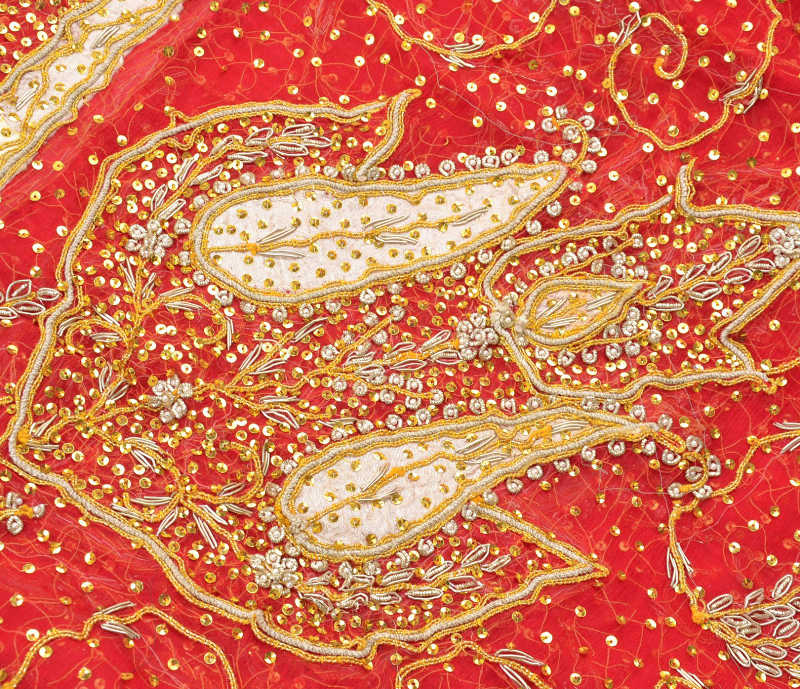===
0667,
1
===

=== |
 |
lażżat : 'Pleasure, delight, enjoyment; sweetness, deliciousness; taste, flavour, relish, savour; —an aphrodisiac; an amorous philter'. (Platts p.955)
mazah : 'Taste savour, smack, relish; delight, pleasure, enjoyment; anything agreeable to the palate or to the mind, &c.; a delicacy, a tidbit; a bon-mot; jest, joke, fun, sport, amusement'. (Platts p.1029)
khapānā : 'To destroy, make an end of, make away with, to despatch; to ruin, ravage, lay waste; to end, finish, complete, exhaust; to use, expend, consume, waste'. (Platts p.869)
FWP:
SETS
MOTIFS == LIFE/DEATH
NAMES == KHIZR; MESSIAH
TERMS == INSHA'IYAH; ZILAIt's especially piquant that Mir hasn't used general words for happiness, pleasure, etc., when he speaks of dying; instead, he's chosen lażżat and mazah , two words that evoke flavor and sensory relish, so that both are often used in describing foods (see the definitions above). It makes us reflect about dying-- could there possibly be any actual 'relish' in it? Or does the 'relish' exist only by metaphorical extension, is it really only the relief and joy of escaping from life in this world? Can that relief be so great that we should pity those otherwise-superior beings who are denied it?
The second line, framed as a negative rhetorical question, uses kab not really as a time inquiry, but to elicit the prompt response, 'never!'. For Mir assumes that we readers will of course know the Islamic story-traditional view of both of these prophetic figures.